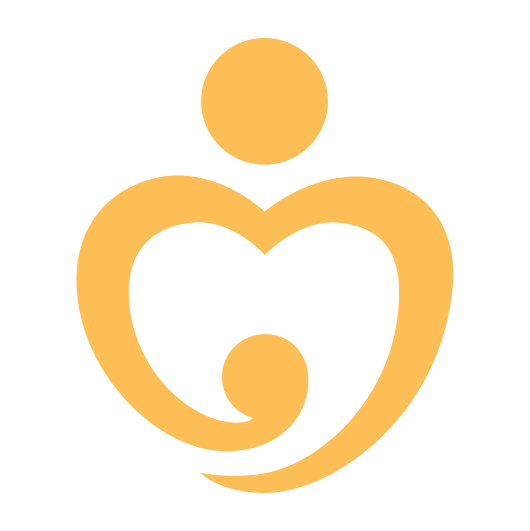OHW on the ground: June 17-24
Safety of Mothers in Double Disaster: COVID-19 and Severe Flooding
The combination of a flood disaster and COVID-19 is a dangerous predicament for local people and health workers. This fear is a reality for the people in Sindupalchowk district, where people typically suffer a lot from flood disasters and landslides during every monsoon season. Now with the COVID-19 pandemic, the impact is even greater.
There are at-risk pregnant women and mothers living in far-off villages. Due to the flooding and landslides, the roads are blocked making it impossible for vehicles to ply.
OHW team has been working closely with local government health teams, from the village ward to the district levels, to provide help to the mothers and rural health workers involved in maternal and neonatal healthcare (MNHC) services.
A young 26-year-old mother from Helambu Rural Municipality suffered from pregnancy complications and needed specialized care in the district hospital as there are no doctors in the local health post. But as the team called for an emergency ambulance, the driver couldn’t get through as there was a complete roadblock.
It was a quick decision that Skilled Birth Attendant (SBA) Nurse Nima had to make and she decided to use the MNH Helpline to call senior gynecologist in the district hospital for advice through a virtual meeting. She had all the necessary equipment needed at the birthing center, renovated by OHW in partnership with the rural municipality.
Putting her mobile phone hands-free, she followed every instruction provided by the gynecologist and she was able to deliver a healthy baby and provide safety of the mother.
“I’m so thankful for OHW’s initiative for the MNH Helpline. I was able to connect directly with our senior doctor and we worked together to keep both the mother and the baby safe,” said Nurse Sherpa.
OHW Support to Nepal: Emergency COVID-19 Supplies
OHW team is helping to provide COVID-19 medical supplies and kits across the country. These supplies will help COVID-19 care health institutions like health offices, district hospitals, Primary Health Care Centers (PHCCs), institutional isolation centers, rural health posts in 41 districts.
OHW alone has provided nearly 1.2 million pieces of surgical masks in addition to isolation kits, gloves, gowns, face shields, hand sanitizers, and also biohazard plastic bags for disposing of used kits.
Our team has been also helping to reach US$2 million worth of medicines, oxygen concentrator system and its related materials (batteries, voltage regulator, transformers, etc.), and other essential kits that are important for the care of COVID-19 positive victims in all seven provinces.
OHW Sarlahi District Team
Our OHW team handing over COVID-19 emergency supplies to the local government in Sarlahi, which is one of the most COVI-19 affected districts in Nepal’s southern plain area.
There are challenges to delivering these essential kits and supplies due to the roads damaged or blocked by landslides and floods. It is expected that more disasters will continue as the monsoon has just started all across the country. Despite the hurdles, our OHW team has been making every effort to reach these essentials to help the government efforts at all levels: Federal, Provinces, Districts, and Local Municipality Wards.
“All levels of governments from the federal to provincial and local municipalities are working endlessly to provide support and relief for our citizens who are in danger of the virus. The support from OHW is highly appreciated and remarkable,” said Udaypur District Coordination Committee (DCC) Chair, Khadga Prasad Pariyar.
He added that these emergency supplies were worth NPR 2.2 million from OHW and helped to provide relief to many health posts in rural areas. “In addition to helping our citizens, these supplies also provide protection for our health workers who are on the frontline of MNH care. These are high-quality materials,” said DCC Chair Pariyar.
OHW takes Emergency Action to Save Mother & Her Newborn
A young mother, Sabitri Khadka from Baiteshwor rural municipality of Dolakha district was able to deliver a healthy baby and also saved herself with help of the OHW team. After she collapsed from high blood pressure, the local villagers instantly contacted our team, who immediately acted by arranging an ambulance. This helped to reach Sabitri on time to Charikot Hospital for safe birthing.
“I didn’t know that I had fainted and only found out only a day after my child was born,” said Sabitri Khadga.
OHW has been working here in this district since 2020 to support local government efforts to reduce maternal and neonatal mortality. Through its program, the local health team has been able to provide safety for 56 pregnant women and safe birthing in Charikot. Even during lockdown since the second wave, pregnant women are getting maternity services. Around 10 women – both pregnant and mothers with newborns have received support through the OHW team.
“Despite the severe complications and difficulties caused by COVID, the local health services have been able to provide quality healthcare services thanks to OHW’s support,” said Gaurab Acharya, OHW district Coordinator.
MNH Helpline: Life-Saving Virtual Communications
OHW’s MNH helpline initiative continues to help nurses of rural health posts to connect with senior doctors from major hospitals to have virtual communications to deal with highly complicated pregnancy cases. This has been of great help in the Dolakha district especially for rural nurses to connect and communicate directly with senior doctors at the district hospital.
Charikot Hospital Chief Dr. Binod Dangal shared how the COVID-19 risks are still high and protective measures are needed to protect pregnant women, mothers, and their babies.
“Only if it is very essential, we ask them to come to the hospital. But mostly, we provide advice through telephones. The MNH helpline has been of great help for both the nursing staff and the communities they serve,” said Dr. Dangal.
OHW Support to Local Government Health Planning and Budgeting
OHW helped to organize a health planning and budgeting workshop in the Myagang rural municipality of the Nuwakot district recently. The workshop was attended by key government officials including the rural municipality Chairperson, Vice-Chairperson, Chief Administration Officer, Health Coordinator, Sub-Health Coordinator, and Planning Officer. All these officials play a key role in making local decisions for budgeting, financial planning, and implementation.
This workshop engaged all participants helping to make the workshop interactive and participatory. This helped to develop an action plan and commitment to allocating a budget for prioritized health issues. OHW has also committed to providing any technical support needed.
Among the key problems were low institutional delivery, low coverage of four ANC visits, lack of quality neonatal services, lack of proper recording and reporting system. The participants have committed to addressing all these gaps by taking initiatives to start birthing centers in all health facilities. IN addition, they will also bring in SBAs in every health facility. They also planned on providing pregnant women with invitation and commitment cards. The participants will initiate the RUSG program in all areas. They have planned to purchase an ultrasound machine and hire a trained people to handle the machine. The workshop also decided to arrange onsite coaching and mentorship for health workers.
IEC Materials to Educate Citizens About COVID-19
OHW has started disseminating IEC materials related to COVID-19 to provide comprehensive information with the use of creating infographics and videos. They contain information about how to protect from COVID-19, what steps to take if they are diagnosed as being infected and how to take care during home isolation.
OHW had teamed up with the National Health Education Information and Communication Centre (NHEICC), Ministry of Health and Population, Nepal, and Noora Health from India to produce all these materials, which are also uploaded on official websites of OHW and NHEICC.
The IEC materials have gained a lot of audience reach and there are still many queries coming about how to protect from and what steps to take after being infected by COVID-19.
After nearly 18 months since the COVID-19 pandemic in Nepal, people are still interested to learn more about how to protect, prevent and take care of after being infected. These materials continue to relevant, and the Government of Nepal has appreciated this effort by the OHW team.








